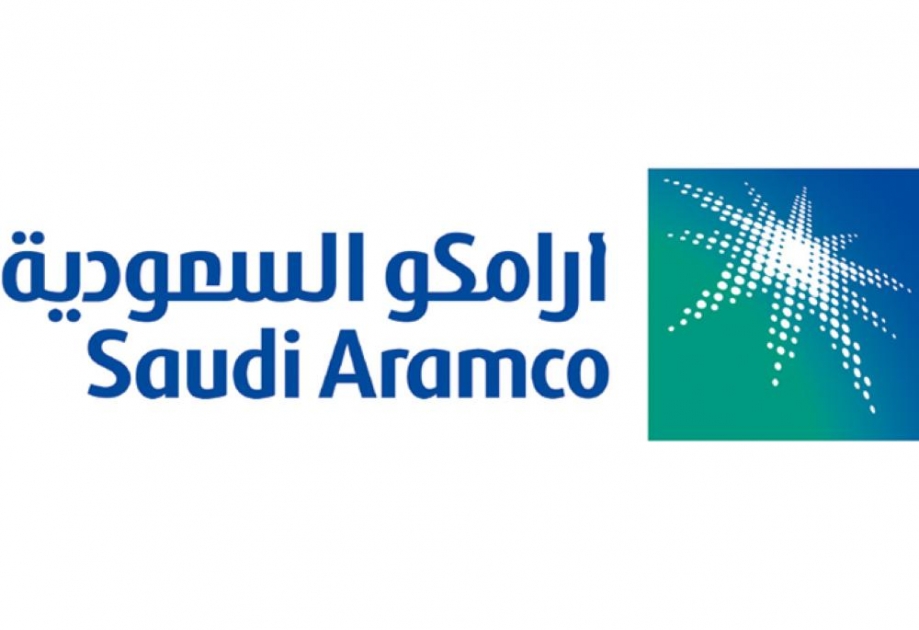
Saudi Arabian bourse to ensure Aramco’s weighting in index is not too big
Saudi Arabia’s stock exchange will ensure the weighting of national oil giant Saudi Aramco in its main stock index is not too large when the company lists its shares, the exchange’s chief executive said on Wednesday.
“We have technical ways to address this issue,” Khalid Al-Hussan told the Euromoney business conference, adding that one step might be to impose an “index cap” on Aramco . He did not elaborate on how such a cap might work.
Saudi authorities plan to sell 5 percent of Aramco’s shares and list the firm in Riyadh and possibly one or more foreign markets this year or next, as part of wide-ranging reforms designed to reduce the Saudi economy’s reliance on oil.
The Saudi exchange’s ability to cope with such a huge listing, which could involve the world’s biggest initial public offer of equity, is a major concern among investors.
The local stock market currently has a capitalization of about $500 billion, while officials have said the sale is expected to value the whole of Aramco at about $2 trillion.
Petrochemical shares already account for around a quarter of the market’s capitalization, so with Aramco, the market could become dominated by oil-related shares and end up moving almost entirely in synch with oil prices, unless steps are taken.
Hussan reiterated previous statements that the exchange had tested its technical systems and these, as well as the regulatory environment, were ready for the Aramco listing.
In the past, the exchange has said it hopes to be the only market in the world to list Aramco shares. The government has not said whether this will be the case and Hussan did not discuss that matter on Wednesday.
The exchange announced on Wednesday the creation of a central counterparty clearing house with capital of 600 million riyals ($160 million) to handle securities trading.
The clearing house, to operate fully by the second half of 2019, will reduce risk in settlements and enable the introduction of new asset classes such as derivatives, the exchange said. It aims to introduce derivatives in the second half of 2020.
Foreign institutions were allowed to begin investing directly in the Saudi stock market in mid-2015, and there are now 140 qualified foreign investors, with over 40 percent of them registered in the last quarter, said Mohammed El Kuwaiz, chairman of the capital market regulator.
He said his priorities for the coming year would include the listing of new companies on the stock market, including privatised firms; strengthening external and internal audits for listed firms to improve the quality of the market; and developing a corporate bond market



























